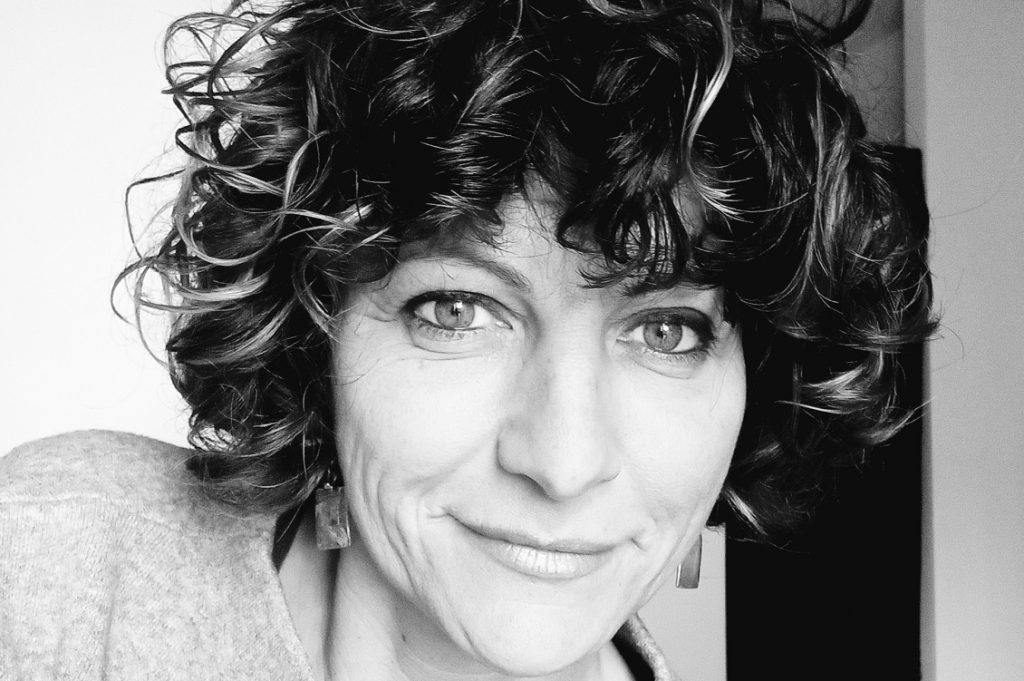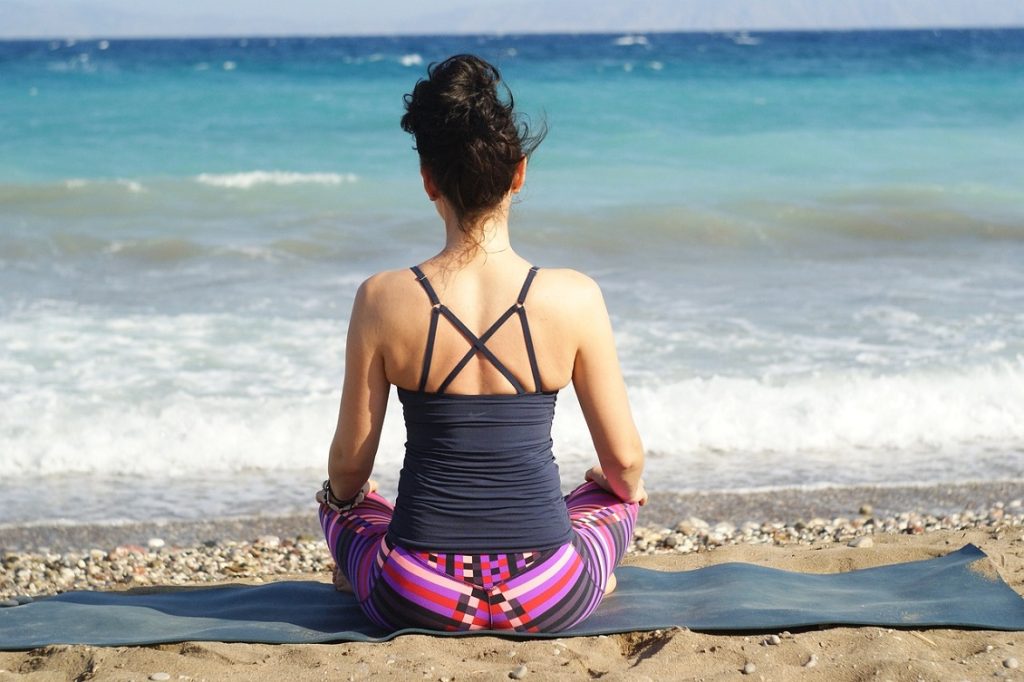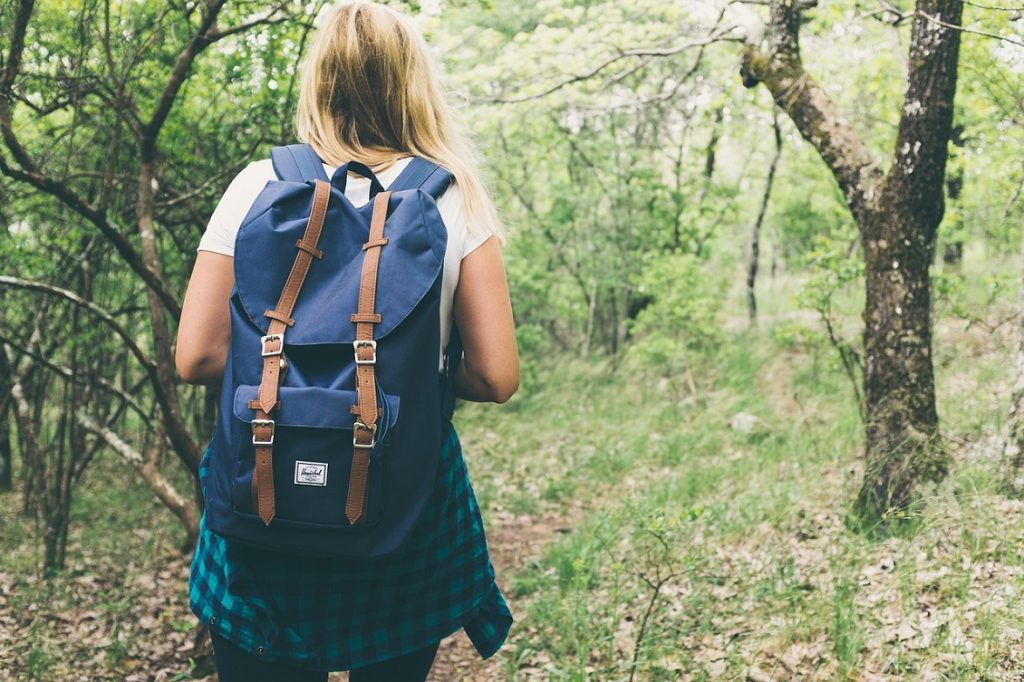All operators in the tourism sector, as well as the tourists themselves, today have the necessary and sufficient elements and information for know what is good and what is bad for yourself and for the environment, what is useful and what is not. In reality, on both sides there are those who still pretend not to know, prefer to ignore or do not feel engaged in any responsibility towards the collective well-being.
Yet from the side of those who offer tourism – that is, they offer to spend two or more days, sometimes even weeks, in a place other than their home – the great opportunity to do good for society could arise. I don’t see why, in fact, we should talk about wellness tourism only in relation to those situations in which a holiday mainly or secondary includes the search for or maintenance of conditions of well-being, as the Global Wellness Institute.
Tourism has organized itself over time to promote everything possible – cultural heritage, landscapes, history, flavors and entertainment – but it has been described as an escape from everyday life, as a better reality, although not always of superior quality, with a series experiences aimed at recovering energy. Nothing against it except that this concept seems a little narrow and has let the tourists then re-enter the daily daze to face malaise.
When we leave we often delude ourselves that we are leaving behind every source of negativity and not finding it when we return, but most of the time after a vacation everything returns as or worse than before. Only the traveler, more skilled and aware, has instead managed to make that period “elsewhere” an opportunity to learn something, to find new inspirations, lifestyles and habits, a deeper knowledge inside and outside oneself.
The events of recent years have accelerated a phase of change already underway and brought people’s attention to their lifestyle, to climatic, environmental and spiritual issues. We have understood that something has gone wrong in decades of relentless development and unconscious consumption and we seek well-being in daily life, much more than before. All of this also poured into the choice of vacation. We often hear about eco-journeys, slow tourism and walking, the recovery of villages, ecological and biological structures, responsible tourism and the need to regenerate, contact with nature and conscious nutrition.

For this reason, today those who offer a holiday have the opportunity to review their identity, the goals to be pursued and to take responsibility for a social role in an era of great change. Advanced tourism is that of those who have assimilated and internalized a healthy lifestyle, have understood and experienced the different dimensions of well-being and choose to apply them in the experience. He knows very well that well-being is not only physical, mental, spiritual, social or environmental, but it is the balance of all these components. Strengthened by this information, it offers guests the opportunity to find and maintain this balance, becomes educational and leaves a deep mark in the memory.
Those who go on holiday tend to be free from the conditioning and patterns of daily life, so we can consider the holiday itself as a moment of possible openness to knowledge, experience, learning and to change one’s physical and mental state. It is there that new habits can be triggered and that remain over time. Advanced tourism therefore becomes evolutionary precisely when it leads people to change. To do this he will have to act on the experience and perception of the same, thanks to some details (nudgegentle pushes) useful for making people choose and understand well-being, for a series of activities, information, conceptualisations and communication strategies.
Evolved and evolutionary tourism also goes beyond the traditional concept according to which wellness it simply means spending a few hours in a spa, getting a massage and drinking an extract, combined with some physical movement. Wellness is a constant and proactive attitude, it is the search for choices, behaviours, of a lifestyle that leads to the achievement of a holistic health condition. This passes precisely through the balance of the different dimensions mentioned above. Let’s see them in detail.

- Physical size, which has a focus on movement, nutrition and sleep. These three aspects have an evident impact on the body. What you offer them at the table speaks of you and of them. The quality of sleep does not only depend on the mattress, but on many other factors that can play an important role. The movement is known, it’s good for you, but it can’t be done by everyone at the same level.
- mental dimension, which involves thoughts, emotions and moods activated through creative, intellectual experiences, through art and the ability to understand feel what is moving in the head and heart. We need places that stimulate creativity, to see and learn different forms of art, to involve our brains in learning even small and simple things.
- spiritual dimension, which brings the journey into introspection and self-listening thanks to activities such as yoga and meditation, thanks to a deeper connection with nature. It is precisely nature that offers a great opportunity if lived in a conscious way. Today, forest diving is, for example, the most concrete way of reuniting with nature, knowing the benefits that local trees and plants, in your garden or garden can bring will be a great enrichment.
- Environmental dimension, which concerns everything that is around us at any given moment and asks us to interact in a mutual way. In all circumstances, even the guest can feel engaged in the improvement of the environment through a smile, a word, respect for some common rules, care for nature and actions aimed at the sustainability of nature and the community. This form of well-being asks us to be part of the improvement.
- Social dimension, involves that need to relate that every human being needs to get to know each other. Stimulating shared experiences, moments of conviviality and discussion gives lifeblood to the holiday and its guests, without ever falling into the intrusiveness and leaving the possibility of choice.
Advanced tourism is that of those who have understood and internalized a healthy lifestyle, have understood and experienced the different dimensions of well-being and choose to apply them in the experience
Tourism of this type has a great educational role and can disengage from seasonality. If its actors, administrators, operators, managers of any type of accommodation structure adopted a broader and more social vision, with the appropriate strategies we would go towards a broad seasonal adjustment, for involve and engage the guest in the creation of their own well-being, that of the community and the environment.
Then tourism would also become a constructive stimulus, an investment in one’s well-being, lasting well-being. “Keep wellness, live better”, the claim of the book Evolved and evolutionary tourismtherefore wants to bring the attention of the entire tourism marketing strategy proposed to the creating a healthy lifestyle pattern that can be learned and carried into daily lives of each of us.

